The United States’ city with the largest Muslim population. The same city where, after the 9/11 terrorist attacks, 3,000 people lost their lives, and suspicion fell heavily on its Muslim residents. It was in the streets of this very city that a Muslim boy grew up. He entered politics. And he challenged leaders backed by billions of dollars.
But he did not back down. He carried his identity with pride. He understood the political game where his Muslim and South Asian identity was used as a weapon against him. Yet, instead of yielding to the odds, he made history.
On the night of November 5, 2025, New York City witnessed a historic moment. Zohran Mamdani won the mayoral election, becoming the city’s first Muslim and first Indian-American mayor. This was not just a victory; it was a historic triumph—one that few could have imagined before.
During his campaign, Zohran presented himself as a socialist leader. Yes, the same city that is the heart of capitalism, home to Wall Street, elected a socialist leader. His win did not just reshape New York politics—it challenged the very narrative of American political discourse.
But the road was far from easy. Mamdani faced waves of fake news and hate campaigns on social media. Elon Musk posted dozens of messages against him on X. Former U.S. President Donald Trump made several statements criticizing him. In the weeks leading up to the election, a coordinated online campaign sought to spread hatred and misinformation.
Because of his Muslim and Indian identity, Mamdani also felt isolated from political powers and much of the media. Major leaders from the Democratic Party largely stayed away. Apart from Bernie Sanders and Alexandria Ocasio-Cortez, no prominent leader openly endorsed him. Barack Obama and Kamala Harris extended only distant well-wishes.
Yet Mamdani refused to surrender. He fought with his identity and ideology intact—and emerged victorious. Today, he is not just the mayor of New York City; he has become a symbol of resilience, courage, and standing up for social justice.
You must have seen the news that Barack Obama personally called ZohranMamdani, listened to his entire plan, and wished him good luck. However, there was no public endorsement from him. Not a single major leader came out openly in support, and no big business backers stood behind Mamdani. Yet, despite these challenges, he won the election.
His victory not only shook Donald Trump’s influence but also gave a breathing space to American Democratic politics, offering a glimpse of new possibilities.
In today’s show, we will explore the story behind Mamdani’s historic win. How did he manage to win this election? How could his victory reshape American politics? And what new dimensions might emerge as a result?
A short while ago, Zohran Mamdani delivered his victory speech, reflecting on the promises he made to New Yorkers, recalling his campaign, and even mentioning Donald Trump. But for many political analysts in India, the most striking part of his speech was his reference to Jawaharlal Nehru.
Mamdani echoed the words of India’s first Prime Minister, originally spoken after 200 years of British colonial rule. That historic address, remembered as the “Tryst with Destiny” speech, highlighted the rare moments in history when nations move from the old to the new, when the end of an era brings a voice to the long-suffering soul of a country. Mamdani said, “Standing before you today, Nehru’s words come to mind. Tonight, New York has done exactly that.”
Just as Nehru’s speech was historic, so too was this mayoral election. Nearly 2 million votes were cast—a record turnout for a New York City mayoral race. Typically, mayoral elections see lower participation because the political system in the U.S. focuses most voters’ attention on presidential elections, which coincide with other major contests such as the House of Representatives, the Senate, and various state legislatures.
New Yorkers, like residents of other fast-paced cities—Mumbai is often called India’s New York—are busy, and low voter turnout has been the norm. In 2021, for example, only 1.1 million votes were cast. This time, Mamdani alone secured 1 million votes, pushing the total turnout to approximately 2 million—almost double the previous election.
The reason is clear: this election transcended a standard mayoral race. The campaign attracted national and international attention, including debates and discussions in India. While candidates like Kamala Harris and Rishi Sunak have Indian heritage, Mamdani was not perceived as ‘Indian’ by many, which fueled a different kind of narrative. Donald Trump actively tried to prevent his win, yet Mamdani persevered.
Looking at the numbers: Andrew Cuomo, also a Democrat, received about 850,000 votes (41%), while independent candidate Eric Silva got roughly 150,000 votes. Mamdani’s share exceeded 50%, making his victory decisive. Even if Cuomo and Silva’s votes were combined, they would not surpass Mamdani’s total.
It’s remarkable to note that when Trump was sworn in as President in January 2025, early polls showed Mamdani at just 1%, making his victory seem nearly impossible. At that time, Cuomo was projected to win. Yet, Mamdani’s campaign strategy, outreach, and messaging turned the tide. Few knew him globally before the primaries, but his approach captured voters’ attention and ultimately secured his historic win.
Even as TikTokwas being labeled a foreign threat in the U.S., Mamdani’s campaign leveraged modern platforms strategically, connecting with younger voters and turning challenges into opportunities.
Mamdani turned social media into his greatest campaign tool. He would go door-to-door distributing flyers, record videos of these interactions, and upload them on TikTok and other platforms, achieving massive reach. Unlike other candidates who relied primarily on speeches, Mamdaniimmersed himself in local communities.
He tailored his campaign posts for specific neighborhoods. Areas with higher populations of Indian, Pakistani, and Bangladeshi descent received content in languages familiar to them. His campaign mobilized a volunteer force of around 90,000 people. Beyond this, Mamdani visited churches, gurudwaras, mosques, and temples, celebrating festivals like Diwali and participating in cultural rituals, often recording videos in Arabic, Hindi, Urdu, and Spanish to engage diverse communities.
Mamdani faced accusations that he intended to implement Sharia law in New York. Rather than responding directly, he focused on his work and maintained his identity, letting his actions speak. He attended Pride parades, night visits to LGBTQ+ clubs, community events, concerts, and parties, showing support and solidarity, often recording and sharing these moments online. Such direct community engagement was unprecedented in New York politics.
Mamdani’s campaign style was aggressive yet strategic, deviating from traditional Democratic methods. While most Democrats communicate carefully and measuredly, Mamdani combined discipline with high-energy, provocative messaging. This approach gave opponents an opportunity to portray him as radical and divisive.
One notable example came during a major mayoral debate. When asked if he would meet India’s Prime Minister if they visited New York, Mamdani called the PM a “war criminal,” referencing the 2002 Gujarat riots. Critics questioned the relevance of such statements, given he was running for mayor, not president, but Mamdani’s bold positions ensured he registered in voters’ minds. Whether people agreed or disagreed, his statements made him unforgettable.
On policy matters, Israel and Palestine became central topics. Mamdani opposed Israeli actions in Palestinian territories and called Benjamin Netanyahu a war criminal. Media repeatedly questioned his stance, as New York is home to the largest Jewish diaspora outside Israel. Mamdani, a pro-Palestinian activist since college, had previously founded a local chapter of Students for Justice in Palestine and campaigned to stop New York-based charities from funding settlements considered illegal under international law. His position, though controversial, resonated with voters who valued his consistency and advocacy for human rights.
When Mamdani entered the election race, global attention was at its peak. Images and videos of children and civilians affected by the conflict in Israel and Palestine were circulating worldwide, creating a strong anti-Israel sentiment. When questioned about this, Mamdani openly identified as pro-Palestinian, and over time, the Israel-Palestine issue gradually became a focal point of the election.
In a December 2024 interview with journalist Mehdi Hasan, Mamdani went as far as saying that if Israeli Prime Minister Benjamin Netanyahu visited New York, he would, as mayor, demand his arrest. While this sparked controversy, it was a tactical move—a way to firmly establish himself in the minds of his constituency. The election quickly became a national topic, drawing attention from pro-Israel lobbyists in the U.S.
Several Jewish business leaders began funding Mamdani’s opponents. To counter this, Mamdani turned to crowdfunding, using grassroots support to finance his campaign. Approximately $22 millionwas spent attempting to block him. Wealthy opponents, like Bill Ackman—who previously offered $150 million to Charlie Kirk for pro-Israel commentary on YouTube—and Michael Bloomberg, who contributed $8.3 million to candidates opposing Mamdani, poured money into the race.
While his support for Palestine made Mamdani a national figure, it was not the sole reason for his success. Instead, he leveraged the issue to gain visibility and highlight local concerns that mattered to New Yorkers. Mamdani centered his campaign on basic necessities: housing, transport, and childcare, offering three major promises:
- Rent Freeze: New York is one of the most expensive cities in the world, similar to Mumbai. Space is limited, buildings are tall, and rents are extremely high. Mamdani promised a universal rent freeze, halting rent increases for all residents.
- Free Bus Service: He pledged to make buses permanently free, arguing that this would reduce traffic congestion and contribute to combating climate change.
- Free Childcare: To ease the financial burden on working-class families, particularly women, Mamdani promised free childcare for all, helping parents balance work and raising young children, even for those without extended family support.
By combining global issues with local priorities, Mamdani’s campaign connected with voters on multiple levels. His approach blended symbolic boldness with practical solutions, making him both a visionary leader and a pragmatic problem-solver.
Mamdani’suniversal childcare plan addressed a major urban challenge in the U.S.—providing safe, affordable care for children while parents work. Regardless of income, families could leave their children in secure environments, alleviating financial pressure, particularly for working mothers. Beyond childcare, Mamdani focused on cost of living, public safety, policing, quality of life, and environmental justice, making his platform comprehensive and relatable.
Initially, critics questioned how he would fund free services or manage city administration without prior experience. Despite this, his popularity steadily grew, prompting a hate campaign against him. According to the Council on American-Islamic Relations, a single day after the primary saw around 6,200 Islamophobic posts, 62% of them on X (formerly Twitter). Trolls and minor politicians circulated misinformation linkingMamdani to the 9/11 attacks, claiming another attack could occur under his leadership.
Photos of him eating were misrepresented as unhygienic, while prominent figures like Elon Musk, Andrew Cuomo, and various podcast hosts joined in criticizing him. Former President Donald Trump also shared multiple posts branding Mamdani as a communist, hater, and anti-Semitic.
Mamdani, however, never directly engaged with these allegations, emphasizing instead that he would serve both Jewish and Muslim communities. Remarkably, 44% of New York’s Jewish population voted for him, demonstrating their trust in his stance. While he opposed Israeli government actions in Gaza, he made clear that he was not anti-Jewish, highlighting a nuanced position that resonated with many voters. Trump’s frustration over this dual support was evident in his online posts, calling Jewish supporters of Mamdani “fools” and labeling Mamdani as anti-Jewish.
Mamdani’s victory also sent a broader political message. Alongside his win, Democrats captured governorships in traditionally blue states like Virginia and New Jersey, with female candidates securing key victories. Trump’s influence waned, with his approval rating in New York at -15, as 55% of voters disapproved of him. To challenge Mamdani, Trump had endorsed Andrew Cuomo, a former New York mayor with strong Democratic credentials and a politically influential family. However, Cuomo lost, as did anti-immigration candidates, signaling a pushback against exclusionary politics.
Mamdani’s success demonstrates two key points:
- American liberalism remains receptive to immigrants and minority communities achieving leadership roles. New Yorkers and other progressive regions continue to value diversity and inclusion.
- Voters prioritize policies and vision over identity-based attacks, as evidenced by Mamdani securing support from Jews, Hindus, and other communities despite targeted campaigns portraying him as anti-Semitic or anti-Hindu.
Now that Mamdani has won, the real test begins. He must deliver on his promises—from rent control and free public transport to universal childcare—to meet the expectations of New Yorkers. Failure to do so could lead critics to dismiss his campaign as mere rhetoric. However, for now, his victory represents a historic moment in American urban politics, reshaping both the city and the perception of immigrant leadership in the U.S.
FAQ: Zohran Mamdani – New York City’s Historic Mayor
Q1: Who is ZohranMamdani?
A1: ZohranMamdani is the first Muslim and first Indian-American mayor of New York City, elected on November 5, 2025. He is a progressive, socialist-leaning politician who rose from New York City’s diverse neighborhoods to challenge established political powers and make history.
Q2: Why is his victory considered historic?
A2: Mamdani’s win is historic because he became the first Muslim and first Indian-American mayor of the city, a major global metropolis and financial capital. He achieved this despite facing intense opposition, limited endorsements from major political leaders, and billions of dollars supporting his opponents.
Q3: What challenges did Mamdani face during his campaign?
A3:
- Widespread misinformation and hate campaigns on social media, including Islamophobic posts.
- Criticism and attacks from prominent figures like Elon Musk and former President Donald Trump.
- Isolation from much of the Democratic Party, with only Bernie Sanders and Alexandria Ocasio-Cortez offering active support.
- Allegations linking him to extremism and rumors about implementing Sharia law, which he consistently denied through actions and public engagement.
Q4: What was unique about Mamdani’s campaign strategy?
A4: Mamdani leveraged modern digital platforms like TikTok and other social media to connect directly with voters, particularly young audiences. He combined door-to-door outreach with videos in multiple languages (Arabic, Hindi, Urdu, Spanish) targeting specific communities. His campaign involved 90,000 volunteers and extensive engagement with religious and cultural centers across New York.
Q5: How did Mamdani address controversies during the election?
A5: Rather than directly engaging with all negative allegations, Mamdani focused on:
- Community engagement and public service.
- Advocating for both Jewish and Muslim communities, demonstrating inclusivity.
- Highlighting his consistent pro-Palestinian stance while clarifying it did not mean being anti-Jewish, which earned him the support of 44% of New York’s Jewish population.
Q6: What were the key issues and promises of Mamdani’s campaign?
A6: Mamdani focused on practical, city-level policies while connecting them to broader social justice ideals:
- Universal Rent Freeze – halting rent increases across New York to address affordability.
- Free Public Transport – making buses permanently free to reduce congestion and combat climate change.
- Universal Childcare – providing free childcare for families regardless of income, easing financial burdens on working parents.
He also emphasized cost of living, public safety, policing, quality of life, and environmental justice.
Q7: How did Mamdani’s approach differ from traditional politicians?
A7: Unlike traditional Democratic campaigns, Mamdani combined measured policy discussions with bold, provocative messaging. He engaged directly with communities, attended festivals, pride parades, and cultural events, creating visibility and credibility across diverse voter bases.
Q8: How did Mamdani perform against his opponents?
A8: In the 2025 mayoral election:
- ZohranMamdani received over 1 million votes, surpassing 50% of total turnout.
- Andrew Cuomo (Democrat) received ~850,000 votes (41%).
- Independent Eric Silva got ~150,000 votes.
Even combined, Cuomo and Silva’s votes did not exceed Mamdani’s total.
Q9: How did his campaign handle financial opposition?
A9: Facing $22 million in funding for opponents from pro-Israel lobbyists and wealthy donors, Mamdani relied on crowdfunding and grassroots support to sustain his campaign, turning significant financial disadvantage into a rallying point for his supporters.
Q10: What broader message does Mamdani’s victory send?
A10: Mamdani’s win demonstrates:
- American liberalism and urban voters remain receptive to immigrant and minority leadership.
- Voters prioritize policy and vision over identity-based attacks, supporting candidates who address real-world issues.
- Progressive campaigns can succeed using community engagement, grassroots mobilization, and strategic use of social media.
Q11: What’s next for ZohranMamdani as mayor?
A11: Mamdani now faces the challenge of delivering on his promises: rent freezes, free public transport, universal childcare, and initiatives for public safety and environmental justice. His success in implementing these policies will determine whether his historic campaign translates into long-term transformative governance for New York City.
Q12: How old is ZohranMamdani?
A:ZohranMamdani was born on October 18, 1991, making him 34 years old in 2025.
Q13: What is ZohranMamdani’s net worth?
A: His estimated net worth in 2025 is around US $200,000.
Q14: Where does ZohranMamdani live?
A: He resides in Astoria, Queens, New York City.
Q15: Does ZohranMamdani own any property?
A: Public information confirms his residence in Astoria, Queens. Details about additional properties have not been publicly disclosed.
Q16: What is ZohranMamdani’s professional background?
A:Mamdani is a politician, community organizer, and activist. He has a strong focus on social justice, housing, environmental issues, and urban development.
Q17: Has ZohranMamdani held any political office before becoming mayor?
A: Yes, he served as a member of the New York State Assembly before running for mayor.
Q18: Is ZohranMamdani married?
A: Yes, he is married to Rama Duwaji, an artist and New York City’s incoming First Lady
Disclaimer:
The information provided in this FAQ about Zohran Mamdani, including details such as age, net worth, residence, and personal life, is based on publicly available sources as of 2025. While efforts have been made to ensure accuracy, some details may change over time or may not be fully verifiable. This content is for informational purposes only and should not be considered as professional, legal, financial, or investment advice.
Click Here: What Is ARC Raiders? Gameplay, Field Depots, Enemies, and Loot Guide

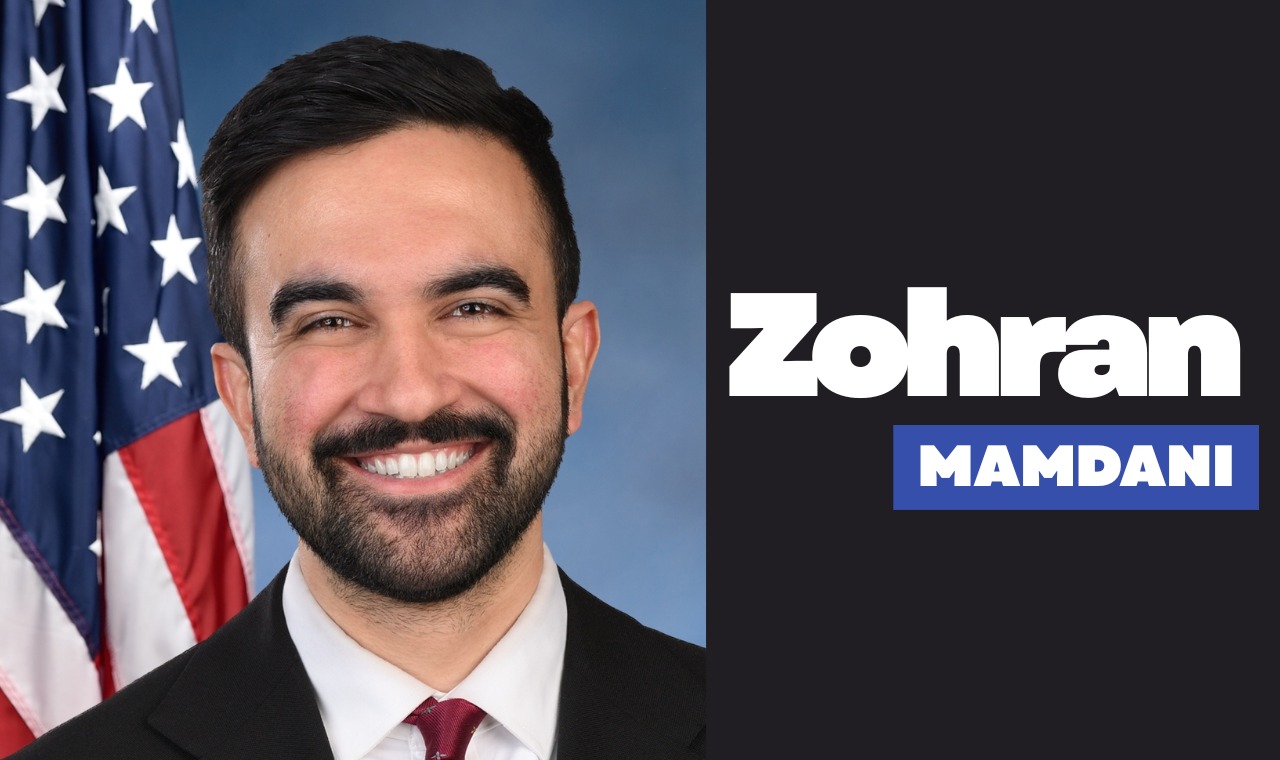

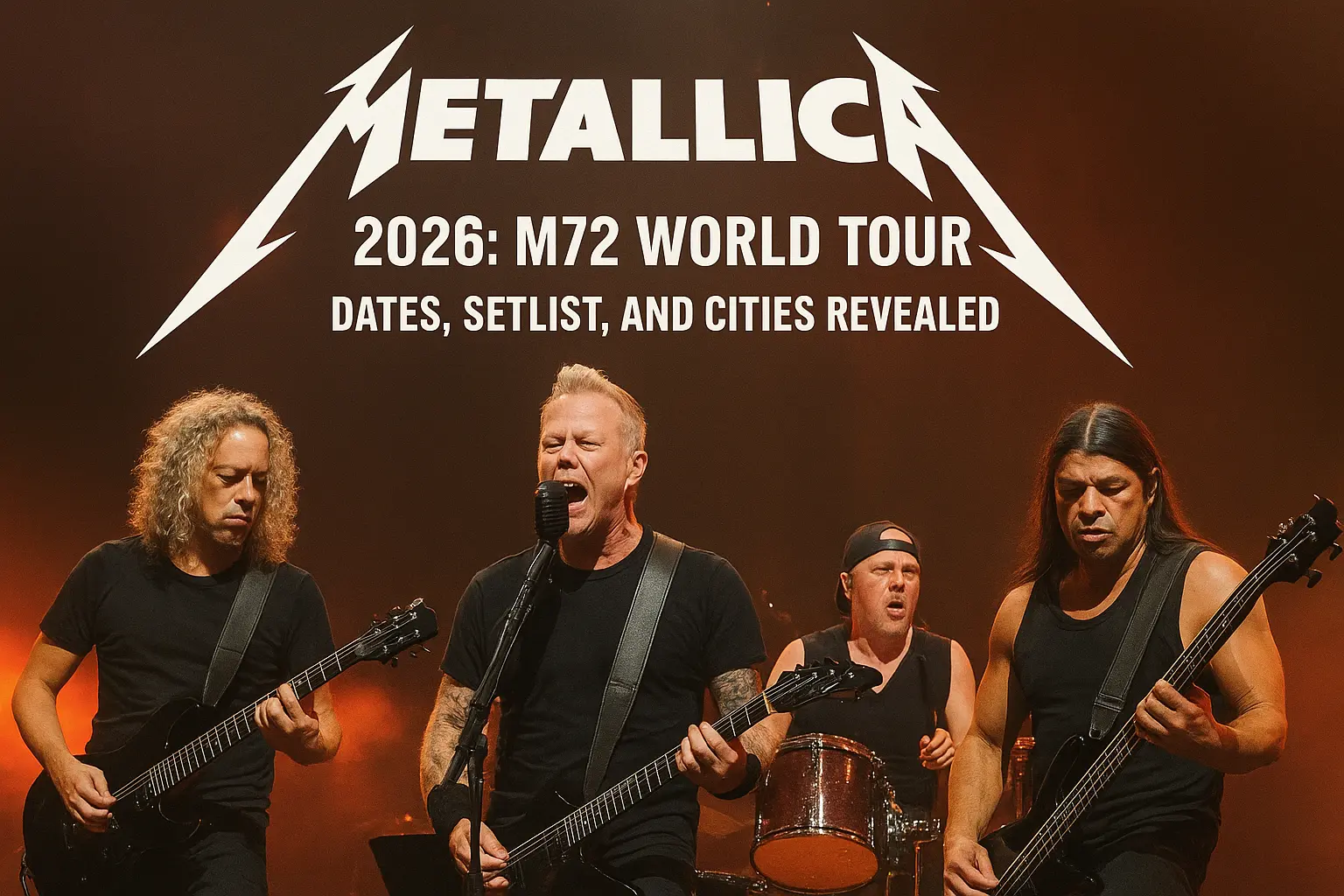

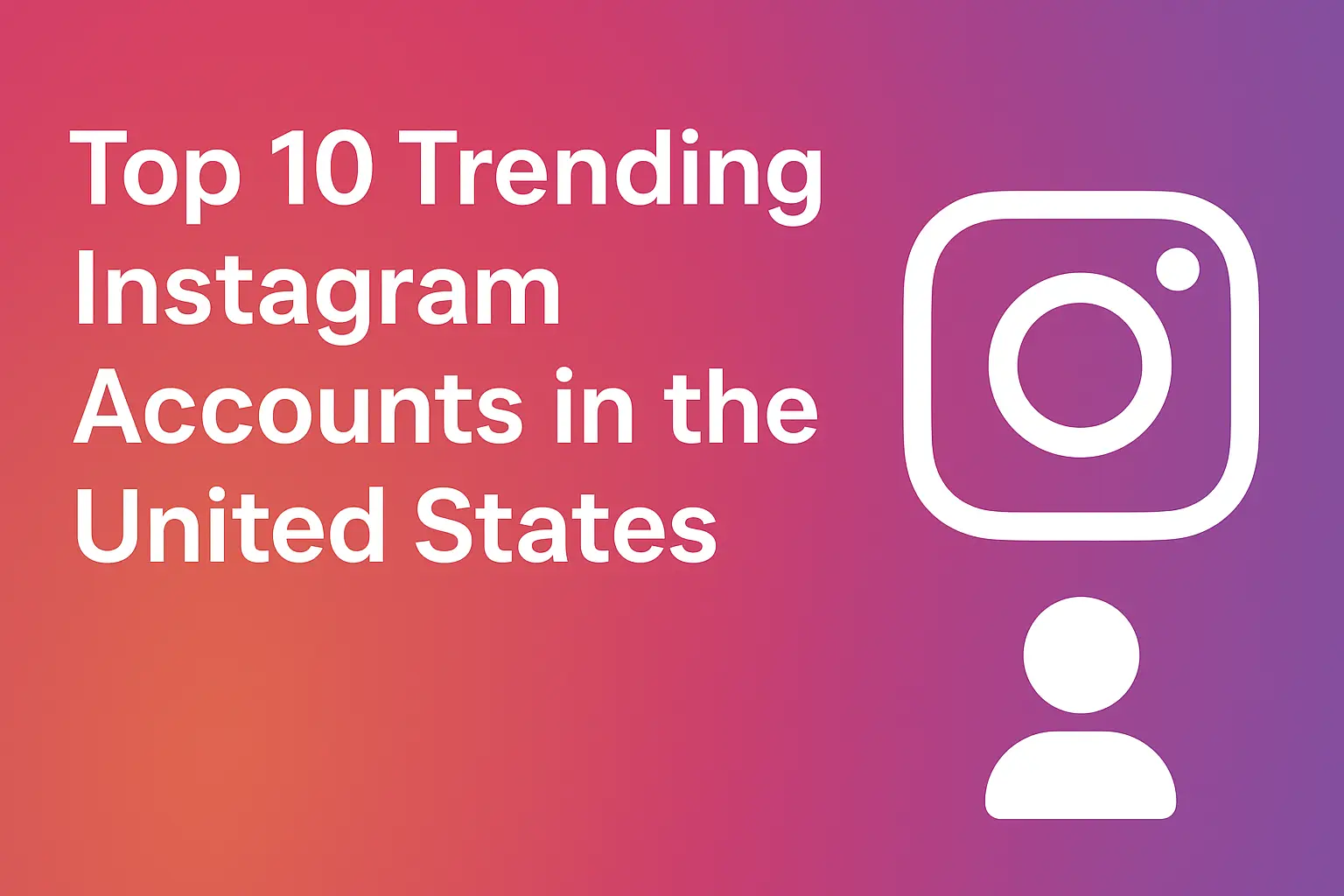
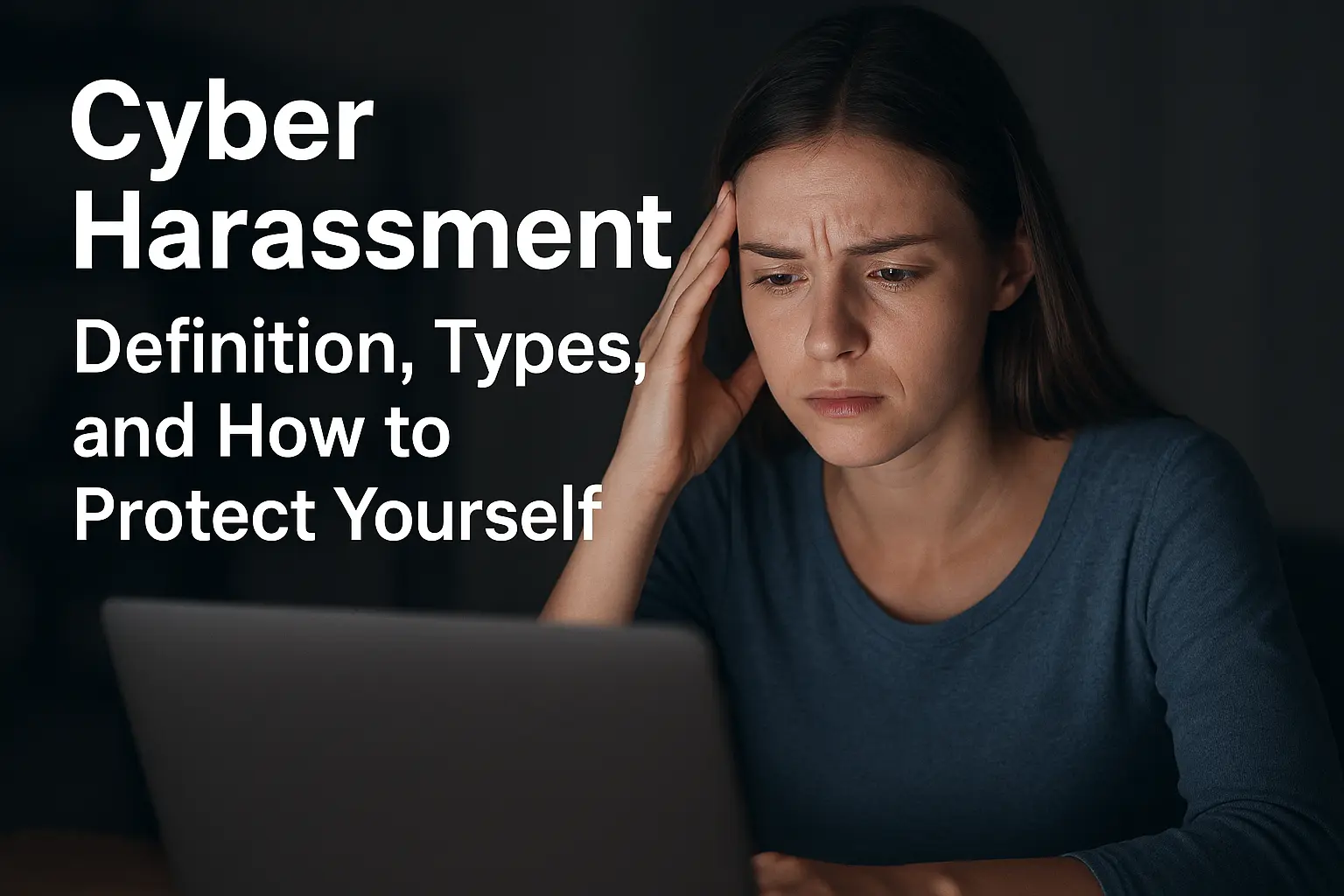
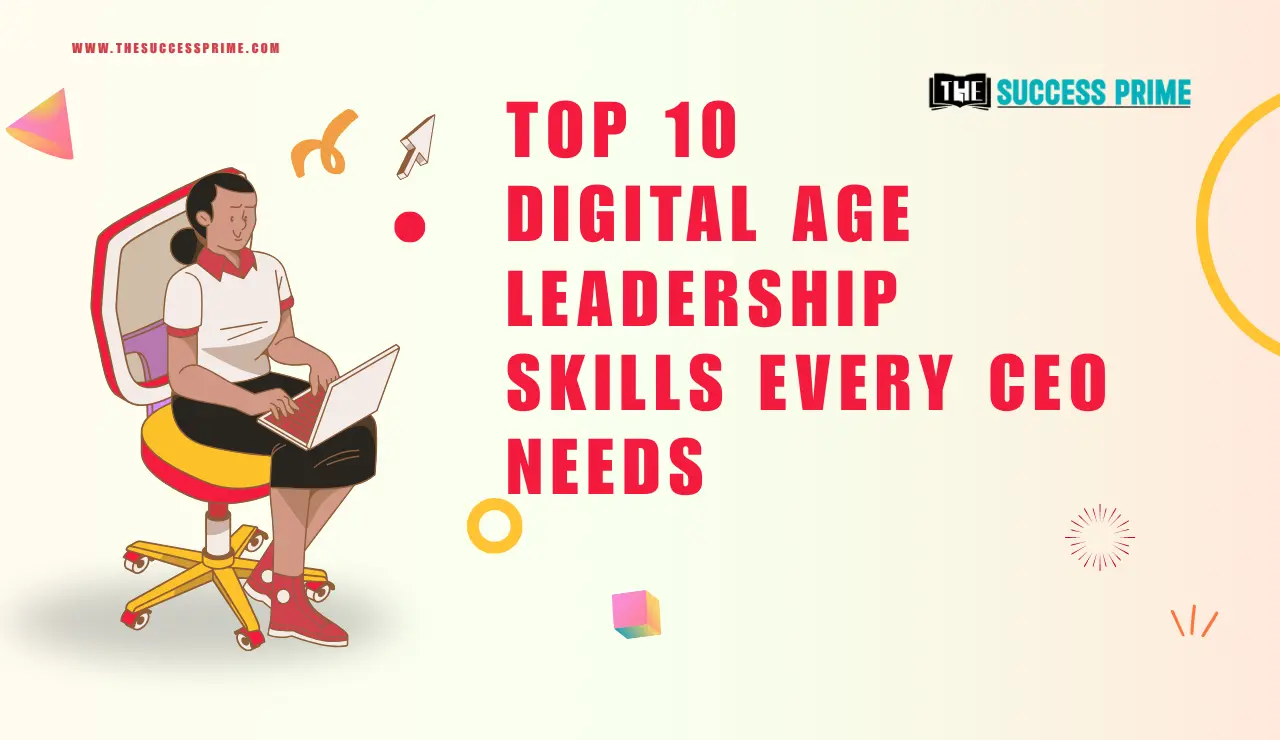
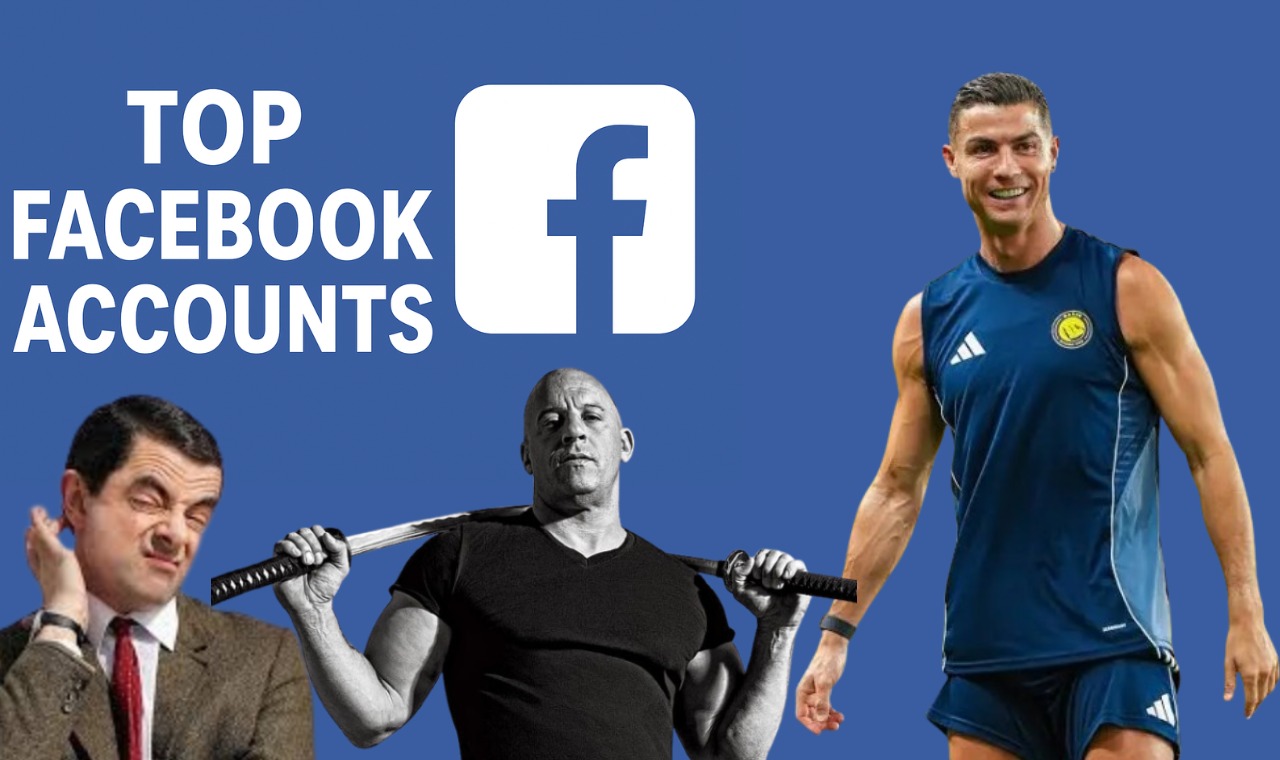

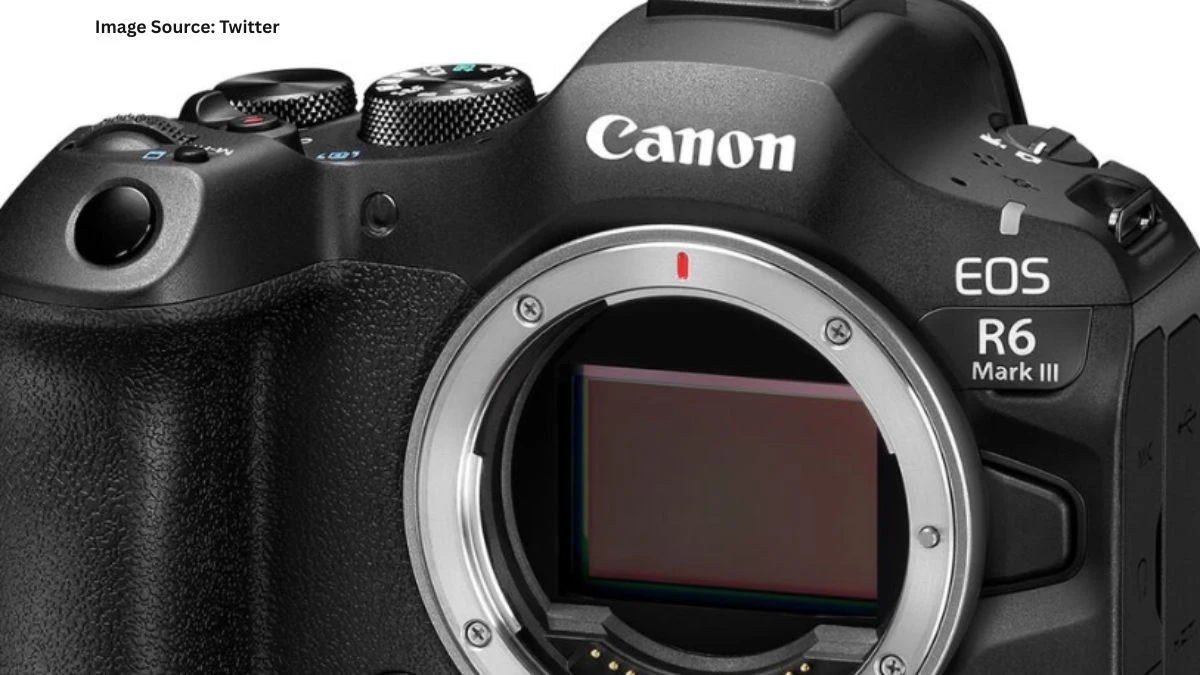
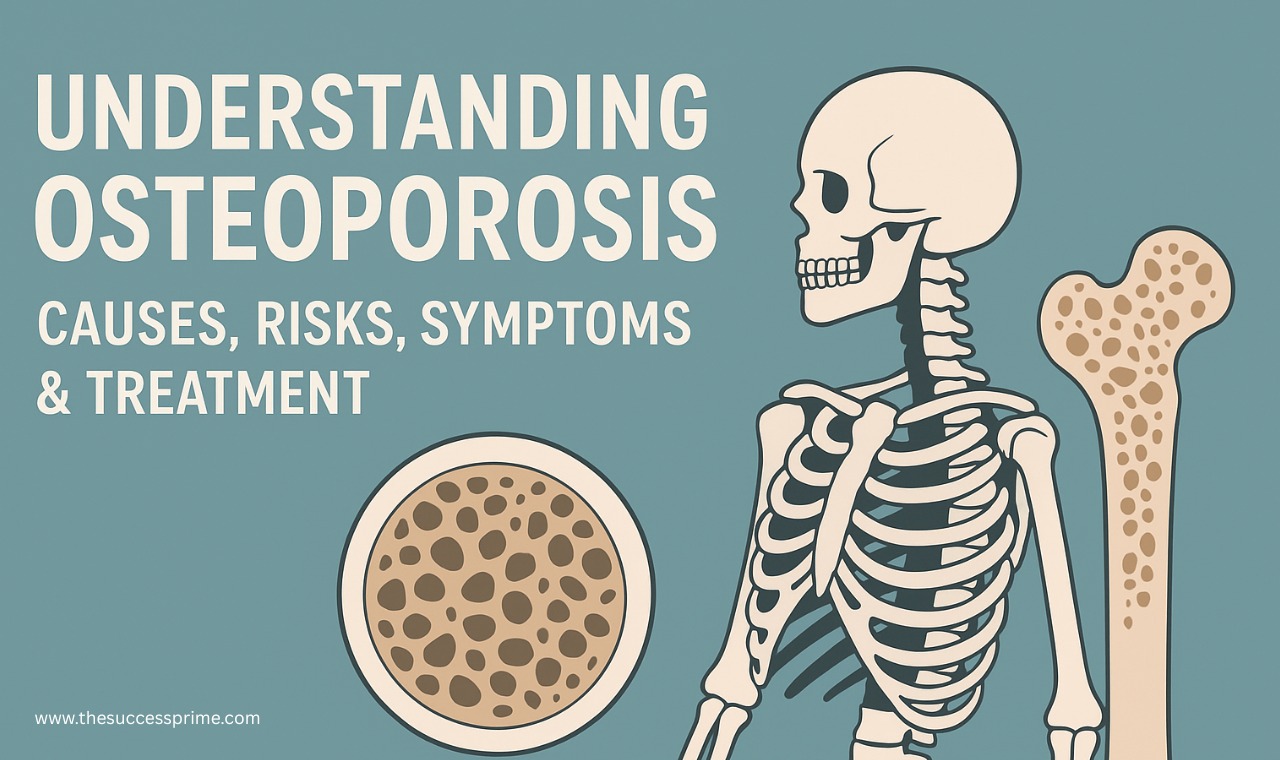
Leave a Reply